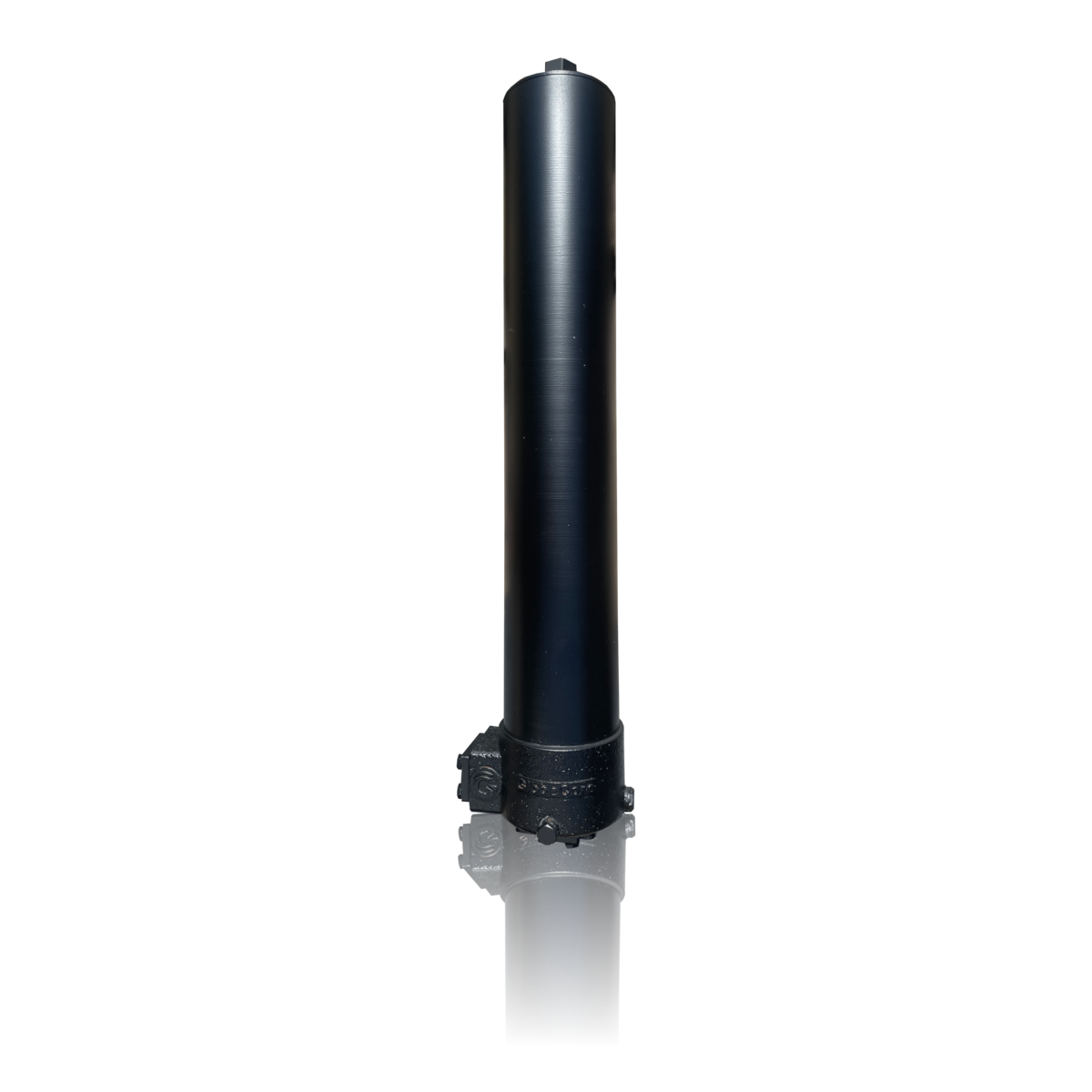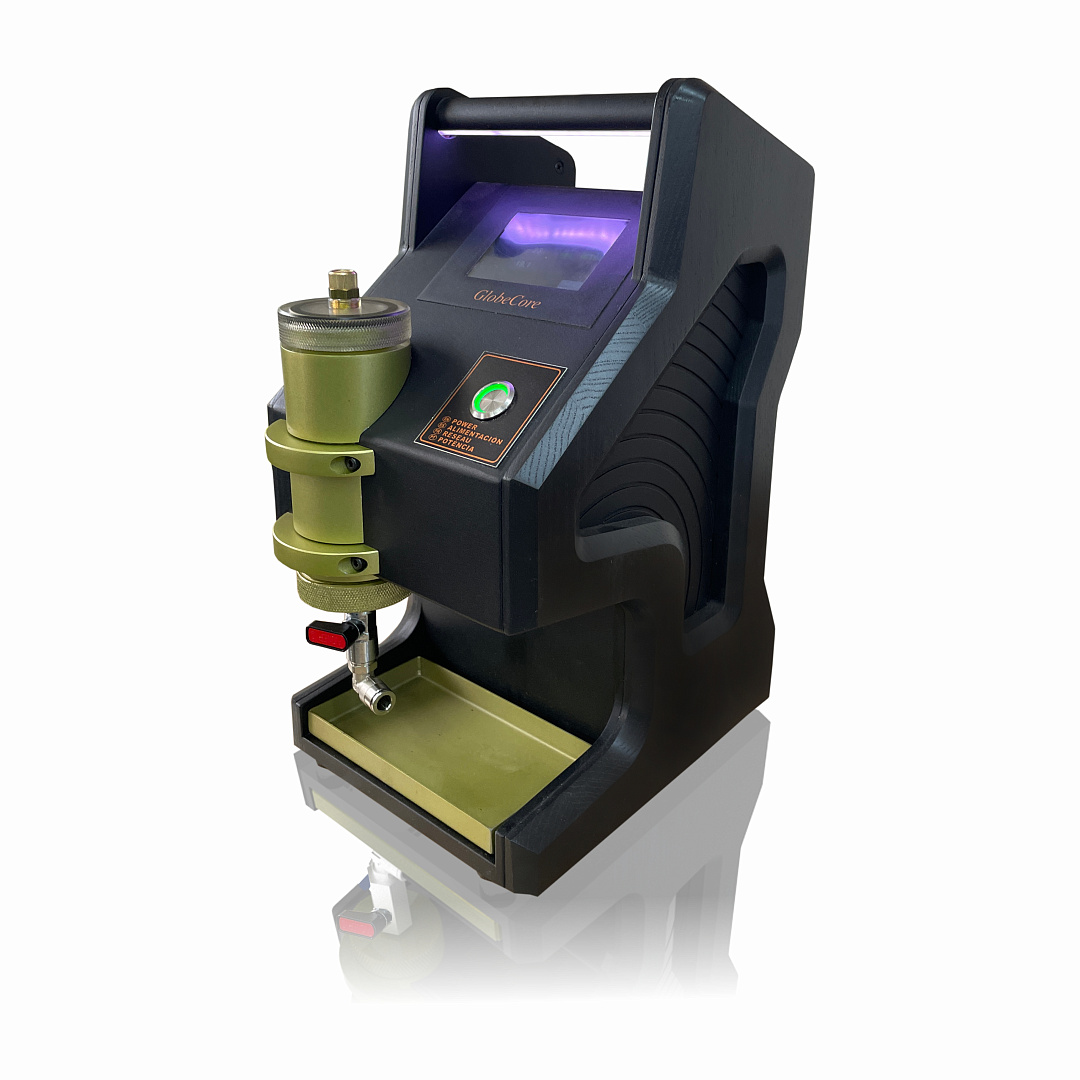How can Diesel Fuel Purification Systems Optimization enhance fuel quality?
- 该话题包含 1个回复,2 人参与,最后由 更新于 1年、 3月前 。
Answers
-
十月 5, 2024 6:44 上午 by Emily Jones
Optimizing Diesel Fuel Purification Systems enhances fuel quality by ensuring that the purification processes are tailored to effectively remove contaminants and maintain consistent fuel standards. Flow Rate Adjustment ensures that fuel passes through filters at optimal speeds, maximizing contaminant capture without causing pressure drops. Filter Selection and Configuration involves choosing the appropriate types and grades of filters for specific contaminants, ensuring comprehensive removal of particulates, water, and chemicals. Temperature Control optimizes fuel viscosity and separation efficiency, enhancing the effectiveness of filtration and moisture removal. Automated Monitoring and Control systems use real-time data to dynamically adjust purification parameters, maintaining consistent fuel quality even with varying contamination levels. Regular Maintenance and Calibration of purification components prevent clogging and ensure that filters and separators function at peak efficiency. Energy Efficiency Optimization reduces power consumption while maintaining high purification standards, making the system more sustainable and cost-effective. Integration of Advanced Technologies such as multi-stage filtration, magnetic separation, and coalescing filters ensures thorough purification. Data Analytics and Feedback Loops provide insights into system performance, allowing for continuous improvements and proactive adjustments. By implementing these optimization strategies, Diesel Fuel Purification Systems deliver higher fuel purity, protect engine components, improve combustion efficiency, and extend the lifespan of diesel engines, ensuring reliable and efficient operation.



